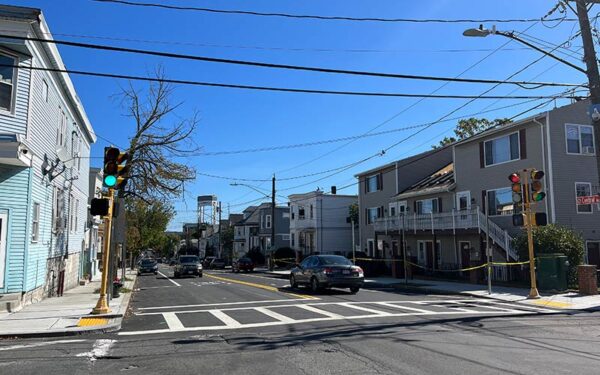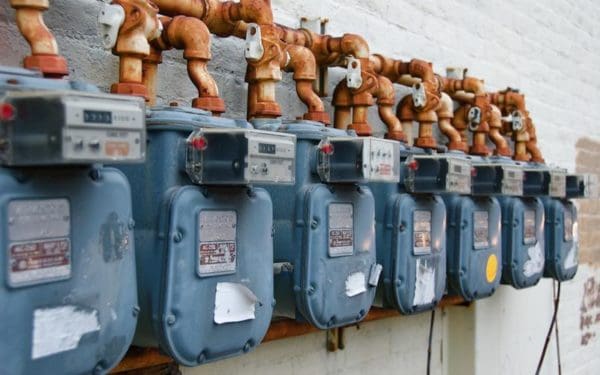On June 20, 2017, a Rhode Island Superior Court judge denied Invenergy’s Motion to Dismiss CLF’s lawsuit against the company. CLF’s Superior Court lawsuit asserts that the water contract between Invenergy and the Town of Johnston to supply water to Invenergy’s proposed power plant is illegal. This Superior Court case pertains to Invenergy, but is separate from the proceeding in the state Energy Facility Siting Board.
This is a huge victory for opponents of Invenergy – for at least two different reasons.
First, the Superior Court case will now proceed on the merits. Invenergy’s Motion to Dismiss was a technical, procedural motion. Invenergy was trying to get the entire case dismissed, arguing that CLF did not have “standing” to bring the case. Now that Judge Silverstein has denied Invenergy’s Motion to Dismiss, the underlying lawsuit will proceed to the actual merits. In this case, “the merits” means CLF’s argument that the water contract between Johnston and Invenergy is illegal. And, on the merits, CLF believes it has a strong argument. If CLF does prevail on the merits, Invenergy would be forced to find yet another water source, its fifth, something that may just not be possible!
Second, however, having the Superior Court merely allow the case to go forward is a significant setback for Invenergy, because of timing. Invenergy has a binding legal obligation to ISO-NE, the operator of the New England electricity grid, to be up and running no later than June 1, 2020. It takes at least 2½ years to build a power plant. To meet its legal obligation, Invenergy needs to have shovels in the ground no later than January 2018. At present, the Final Hearing of the Energy Facilities Siting Board, which must grant Invenergy a permit to build the power plant, is scheduled to occur on 18 non-consecutive days between October 4 and the end of December 2017. The Siting Board may not issue a final ruling until early 2018, and after that there may be appeals (that could cause additional delay). If the Superior Court case delays the start (and end) of the Siting Board’s Final Hearing by even a relatively short period (say, six weeks), Invenergy could find it impossible to be on line by the June 1, 2020, deadline. In other words, even the mere presence of this lawsuit could be a serious obstacle to Invenergy.
Invenergy’s Motion to Dismiss CLF’s lawsuit was based on Invenergy’s argument that CLF lacked “standing” to bring the case. Although the court rejected CLF’s two main arguments in favor of its standing (pages 11 to 13), the Court accepted CLF’s argument that it (the Court) should overlook the lack of standing to proceed to the merits of the case anyway because of the strong public interest in having the legality of the water contract decided (pages 14 to 16). The Court’s language in this section tracks precisely the argument that CLF made in its brief and at oral argument. As Judge Silverstein wrote: “Plaintiffs [CLF and Burrillville] have brought to this Court a question of substantial public interest that cries out for a declaratory judgment.” (Page 18.)
Judge Silverstein was exactly correct.
This ruling by Judge Silverstein allows CLF’s Superior Court case to go forward. CLF’s lawsuit argues that the water contract between the Town of Johnston and Invenergy is illegal. The Superior Court ruling means that the Invenergy case in the Energy Facilities Siting Board will at least be delayed again; and, by deciding to address the merits of CLF’s argument (that the water contract is illegal), the Superior Court may eventually deal a fatal blow to the Invenergy proposal.
This was a victory for the environment and for the opponents of Invenergy.


